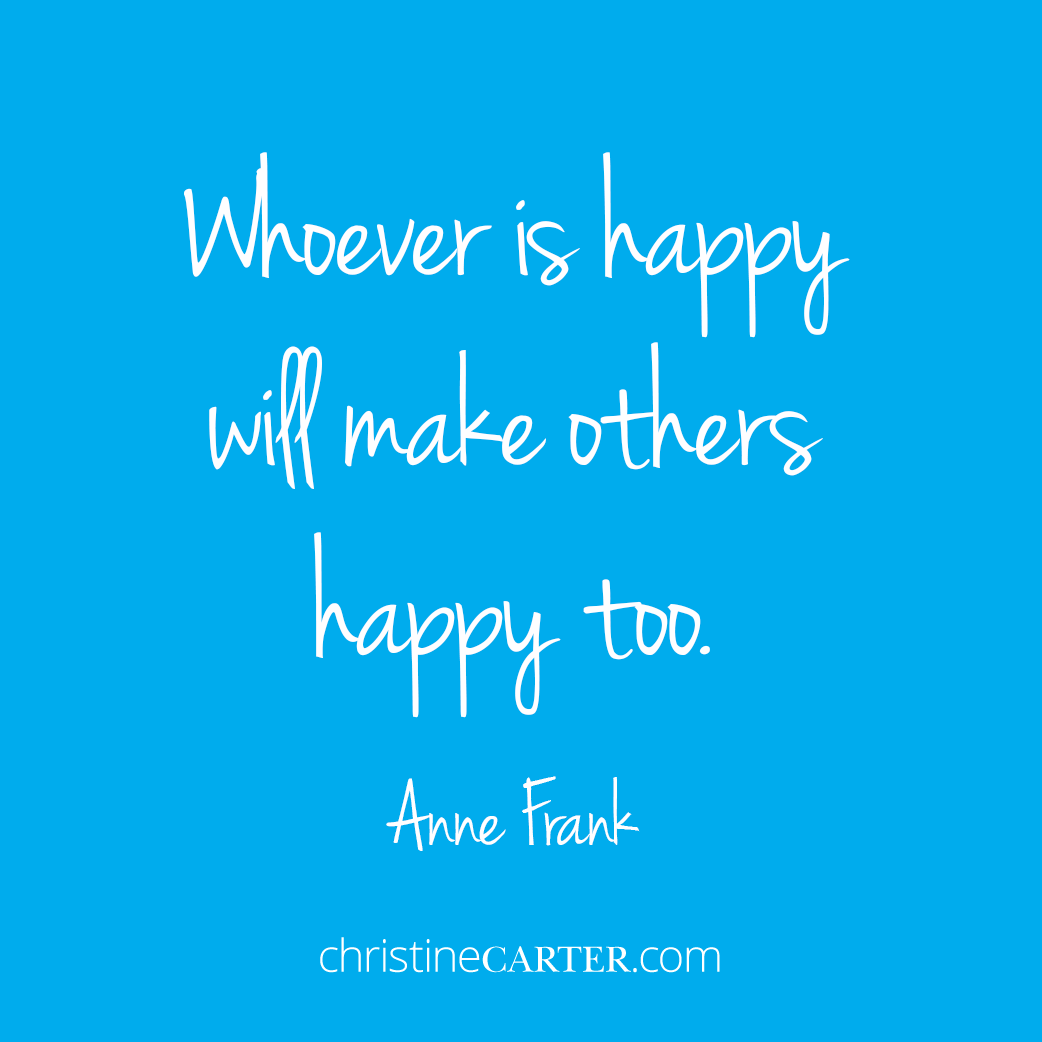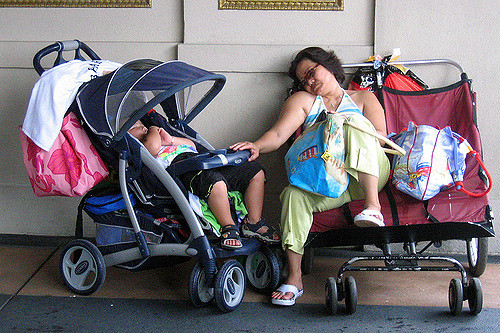Here’s an icky confession: I used to dread Mother’s Day.
When I first became a mother, the holiday somehow left me feeling unappreciated. I tended to get in a funk, and not out of grief or some sort of well-defined pain — I can only imagine how hard Mother’s Day must be for someone who has lost their mother. I felt bad in a bratty way, like a toddler who is pissed that she’s not getting what she wants. The worst version of myself has typically made her appearance, ironically, on the day that we were supposed to be celebrating my best, most beloved, self.
What is it that left me so resentful on Mother’s Day? What did I want so much that I wasn’t getting?
Until a couple of years ago, I thought it was about gratitude. I wanted to be appreciated on Mother’s Day in the way that we used to show appreciation to my mother. Research shows that when we express gratitude in our relationships, we become more attuned to our family member’s efforts on our behalf. I was hoping for a little more attunement to all the work I do as a mom — mostly from my husband, but also the kids.
At least the way I remember it (I’m a little afraid to ask my mom for verification; it just now occurred to me that my memory is probably a little rosy), we’d bring my mom breakfast in bed, showering her with homemade cards and gifts. My dad would give my mom a funny card and a gift that he’d bought. We’d take a family bike ride on the path around St. Mary’s College, with a picnic that my dad and I packed with help from the deli at Black’s Market. Norman Rockwell could’ve painted us.
None of that actually seems hard to recreate, but for the love of God my family has never even come close. The worst Mother’s Day I ever had was the year that I lowered my expectations and then laid them out clearly for my husband. “I’m fine with no gifts,” I explained, “So long as there are cards and a family activity.” This did not happen.
For the record, three of the four children made me BEAUTIFUL, heartfelt Mother’s Day cards. They were practically set to music they were so thoughtful and moving.
But that was not enough for me.
Expectations, even low ones, are a tricky thing. Unfulfilled, they set us up to ruin what is actually happening by ruminating over what we think ought to be happening. Painful thoughts — How could he not do this for me given all I do for this family??! Does he not appreciate me at all? — start to loop endlessly, triggering waves of disappointment.
So how could I, once and for all, make Mother’s Day different? I had already lowered my expectations to no material gifts, and that didn’t help me much; I’m not sure I can lower them to nothing. In past years, I’ve made a massive effort to focus on myself less by helping others, but ultimately, even that didn’t really prevent me from feeling unappreciated myself. I felt entitled to a little gratitude, dammit.
(Let’s not miss the irony here: Entitlement is the opposite of gratitude. Rarely do we attract the opposite of what we feel. Just as we don’t foster other people’s love by lashing out at them, my unbridled sense of entitlement wasn’t exactly generating a mountain of appreciation.)
Emotional traps like this — obsessing over my feelings of unmet expectations — are usually triggered by a mistaken belief. So where was the error in my thinking?
I really was feeling unappreciated by my husband, Mark. I felt like I sacrificed more for our family and children, and that he should recognize and feel grateful for that. I held a deep seated conviction that I gave more. I spent more time doing the hardest parenting work, creating and enforcing structure and discipline, managing the near-constant drama of life with three teenage girls and an active adolescent boy.
Now, I should mention that, according to research, I am not alone in believing that I do more for our family than Mark — but I might not be correct. When researchers add up the percent of work each person in a couple says he or she does, they consistently find that the total ends up being more than 100 percent. So if a mom says she does 65 percent of the household work, and her husband says he contributes a solid 50 percent . . . there is a 15 percent error in there somewhere. Perhaps this was the heart of my mistaken belief?
My Mother’s Day funk did grow out of my belief that I do and sacrifice more for our family than my husband does. And weirdly, I somehow thought that this seemingly massive imbalance could be righted through a Mother’s Day display of profound appreciation.
This is funny to me now, because clearly even the most magical Mother’s Day outing would not dissolve my resentment. We needed to deal with the source of my bitterness.
“We need counseling,” I announced to Mark. I sat down to work through what I wanted help resolving. What did I want Mark to do differently?
What I found, when I really thought hard about it, was that my assumptions about our division of labor were blatantly untrue. Believe me, I was shocked by this revelation. But it turned out that I had loads of evidence suggesting I don’t do more for our family than Mark.
True, I do the bulk of the emotional labor. But he does nearly all the house and garden maintenance. We spend about the same amount of time in the car driving kids around. I plan our meals and cook; he shops and cleans up. We’ve got a division of labor where he does the things he likes to do best (like mowing the lawn) while I get to do the things that I love to do (like talking to the kids about their feelings). I am lucky to have a truly equal partnership.
I was harboring resentment out of habit rather than reality.
At times, being a mother can feel so overwhelming; when the kids were little, I sometimes felt a little victimized by it all, a little trapped by the sheer magnitude of the way they’d taken over my life. My husband simply couldn’t do many of the things that I was doing. Pregnancy, labor and delivery, and breastfeeding bred loads of occasions when only mama would do. My family could never repay me for the sacrifices I’d made for them — but they could, and should, show me a little gratitude for it. Hence my feelings of entitlement to a little Mother’s Day appreciation.
Billy Collin’s wrote a poem about this. In it, Collins recounts the thousands of meals his mom made him, and the good education she provided, and all the other zillions of things she did for him. In return he gave her . . . a lanyard he made at camp. Collins concludes:
And here, I wish to say to her now,
is a smaller gift—not the worn truth
that you can never repay your mother,
but the rueful admission that when she took
the two-tone lanyard from my hand,
I was as sure as a boy could be
that this useless, worthless thing I wove
out of boredom would be enough to make us even.”
Now, this is what I wish to tell my children and husband both: We are even, with or without lanyards and family outings on Mother’s Day.
Because I am not trapped. I have not been victimized. There is no need for reparation. You don’t owe me a darn thing, even gratitude. I don’t have to do any of the many things I do for you or our family. I choose to do them. I do them because I love each of you so very much. Moreover, this love that I feel for you is the greatest gift I’ve ever been given. It is a great joy to be a mother in this family, your family. I’m deeply, profoundly grateful for all we are and all we have — together.












